When Laura Gutierrez Padilla was in high school there was a guy named Keith Curry from a college outreach program who helped her get into college. She explains what helped her in college. Also, she explains why it was important for Keith Curry to help her because her parents did not know that much that could have been able to help her. Even though her parents couldn’t help her, they were always there for her when she needed it. One of the reasons that Laura Gutierrez Padilla didn’t give up was because of her parents. She also explains how Keith Curry and her parents impacted her life and why she is grateful for them.
Transcript:
Jennifer Estevez: Okay, who impacted you in school?
Laura Gutierrez Padilla: Umm I. So I was in high school. I always knew that I wanted to go to college umm but my family you know they…I grew up in a humble family, very poor, every like my parents didn’t go to college. So we, like my parents, didn’t know how to grind me though the process. They wanted me to go to college but they didn’t know how to tell me how to get to college. Umm so in high school I joined this college outreach program and there was a person in there who ran the program. His name is Keith Curry and umm he really helped all the students. He really cared about the community and he really wanted us to be, you know, go to college, so he helped a lot. He would give us umm he taught or showed and helped us how to get to college, how to plan for college, how to apply for scholarships, how to do the SAT prep for college. Umm you know test, the admission test we had to take, umm, he went and he always went above and beyond to make sure he helped us, umm he put on field trips for us for different events or going to different colleges. Umm when I was a senior and I did umm you know usually around March is when you find out if you were accepted, umm your senior year of high school, umm I got into UCLA and I was very hesitant to go because there was no one really from my community. I grow up in Compton. No one really went to like, not a lot of people went to college or a big college like that like oh well known college. So then I was like oh I didn’t think I was cut out for that then, plus I had never even seen the campus, I didn’t even know how it looks you know. Umm like he took his time he took on a Saturday, he drove me and my sister umm to go see the campus. So we could actually see what college campus was like and give us a quick tour. Umm he ran into like a former student he had helped and knew him and was there so-
Kelly Perez: Your school counselor?
LGP: No.
KP: Oh.
LGP: He was not my school counselor. He was my… he was umm the college advisor from the college outreach program-
JE: Oh.
LGP: So it wasn’t umm I wasn’t. I didn’t even know who my school counselor was to be completely honest-
KP: [inaudible] My school counselor enrolled me for my first college classes ever so-
LGP: Yeah.
KP: They enrolled me. I didn’t know how to enroll to the college classes.
LGP & JE: [laugh]
JE: She did the same. She helped me out.
KP: Yeah.
LGP: I didn’t have that. I didn’t have that. I think that’s when I became a counselor I was like, I wanted to help students that like not kind of be the you, you know who they are, so I didn’t know. So he really helped me you know umm he took me, just the dedication he had umm like he went on and he… right now, like to do a of successful things in his own life, like right now he is the president of the Compton Community College. Umm even when I graduated from my masters program [inaudible], you were probably not born [laugh] or such a baby. Umm there’s like no jobs there for…for people. Like so I didn’t have a job as a counselor cause no schools were hiring at that time and he umm helped me get a part time job. I worked at the outreach department and then he helped me interview for umm part time counseling job as umm at the community college. So I did that for few years right. I was a community college counselor part time and then worked at outreach until I was able to get a full time job as a umm as a umm school counselor you know many years ago now. But he was always looking out for people, helping students. I heard stories from other people too, like there was a person who was an immigrant and went to umm UC Irvine he like helped pay for tuition.
JE: Really?
KP:[laugh]
LGP: Yeah so he was really like out to help people out and to support them and umm I think there are a lot of people that he has impacted that can share similar stories to mine where he really supported them in school.
JE: Do you still keep in contact with him?
LGP: Every once in a while. I haven’t actually reached out in a couple of years. The pandemic threw everyone off but I know. I still have his number and I know if I text him, he would respond, you know. And I know where he works and I know that I can send him an email or whatever and he will respond you know. So he’s… he’s someone for sure umm like remembers you and also cares and I feel like really comfortable reaching out were… because he’s that supportive of every one [inaudible] college so yeah. That’s… that’s who impacted me in school.
JE: Who impacted you at home?
LGP: At home. I mean this is going to sound cliche but definitely my parents. I think… you know my parents and myself included were born in Mexico so my parents-
KP: You were born in Mexico?
LGP: Umm. My parents brought me over when I was really young-
KP: Sorry I’m bothering you guys.
JE: [laugh] It’s fine, it’s fine.
LGP: I came when I was like a year old, so I was raised here. So you know many people wouldn’t think I was born, you know outside of the country because they were like, I know this country, this is the one I know because I was raised here. But umm you know we grow up poor but my parents always pushed school. Umm I know there’s sometimes stereotypes about Latino families not caring about education. I don’t think that’s the case. I think parents really do care, like Latino parents do care about their kids going to school. It’s just that they don’t know how to navigate the system because they weren’t born here so they are trying to figure out what does it mean. Not only about applying to college, what do the grades mean? What does it mean you know the systems we have like parent conferences. I don’t know… there’s… I’m sure there is a form of parent conference where they came from but it might look different and the school days are different and the hours and all of that. So for them it’s a lot of like navigating the support their kids need in school but also all the things they need to figure out. Like imagine coming to this country and not knowing the language, like trying to figure out. I don’t know as an adult, like I’m a educated adult and I would not know what to do if I went to another country and didn’t speak the language, if I just had to start all over fresh it will be difficult even with the skill sets that you kind of gained through like going to college and stuff like that. So umm but they always push and they you know like they always umm wanted that like a better future for like just the same thing but a future for they life we had umm so they always like even though like I said, they didn’t know, my parents always supported me in whatever programs we were in so if we did like umm. I was in MESA when I was in high school and like you know it’s a math and science like of program where you kind of do things on Saturdays where you build different science and math projects but it was… I did, I was not necessarily good at it but it was something I did to better my skills and be involved and my parents would always you know take us to the school or drop us off. So they were always willing to help and umm you know and whatever needed to go to college so umm they definitely had a big impact because you know I… a big reason why I did it was for them so yeah.
JE: Did you ever feel hopeless?
LGP: Hopeless? Like… I never felt hopeless but umm life is challenging at times and its hard and you know. You had good moments and you have your bad moments. Umm I then…so I think I know I had people I can count on and…and I think my…my, I think my hope was bigger then if I ever had moments [laugh] umm feeling stressed out or like you know there’s times where I… I’m not saying that thought of giving up never crossed my mind but when I would think about my goal and my reason for doing. Going to college, having a career you know they were always bigger than me, not umm any feelings I ever had about giving up. I always reminded myself. So then I just… you know figured it out, you get resourceful right, what are the people who can help me, what are the things….the resources they have at school, people in my life at I can umm get motivation form or talk to umm so I never really felt hopeless.
JE: Oh.
KP: I know I did.
LGP: Yeah.
KP: It can get hard to navigate things when you…you don’t have guidance.
JE: You didn’t have guidance?
KP: Mmm high school yes but then I left. My counselor was extremely helpful but when I got to college-
LGP: You’re more independent.
KP: It’s on you!
LGP: Yeah.
KP: There’s no one who’s going to call you like, hey you’re not posting… It’s on you. You enroll, you fail, you have to re-enroll. You have to clean up your mess. You have to pay the price of the decisions you make and that takes time to realize. Oh when you are juggling so much. I was juggling so much, I was living on my own I was nineteen I… you know but….
LGP: Look for resources. I think that’s what helped me was finding programs
KP: Yes.
LGP: Finding programs. There’s… going to be programs in college they are… they are specially geared for people of color or low income, first generation of college students. And like I… I was like I was a magnetic to those programs because-
KP: Because they really do provide that guidance.
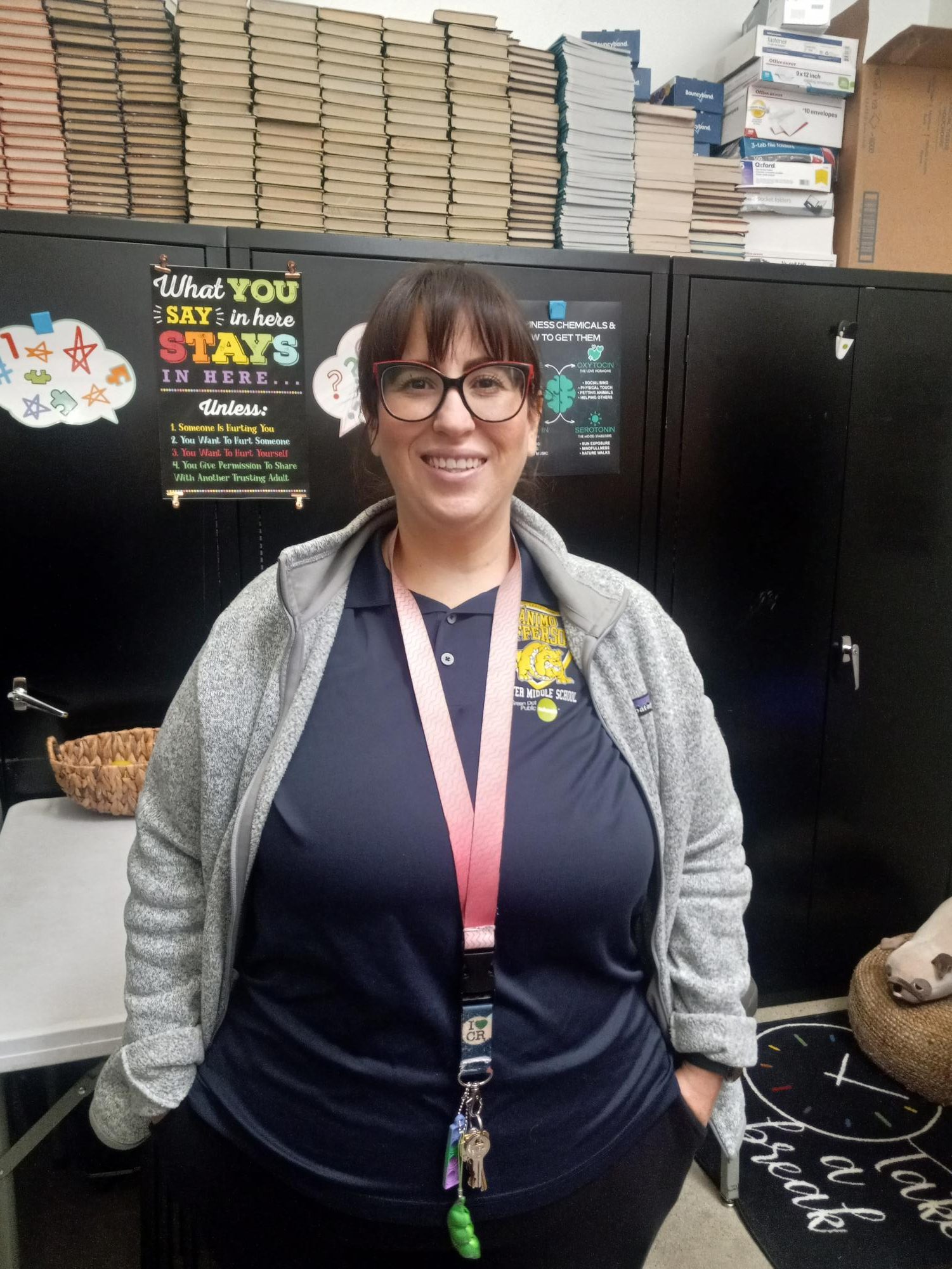

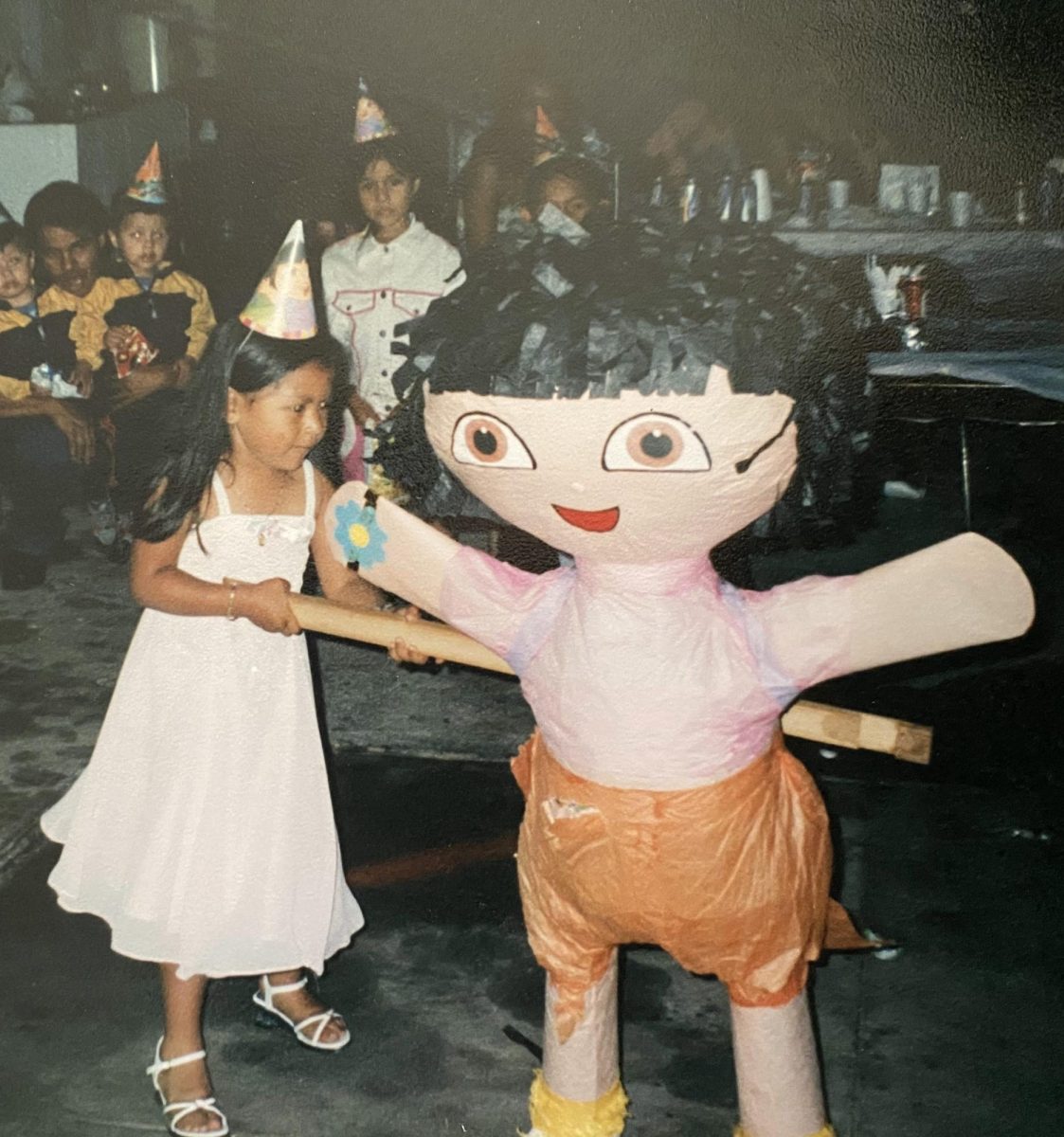
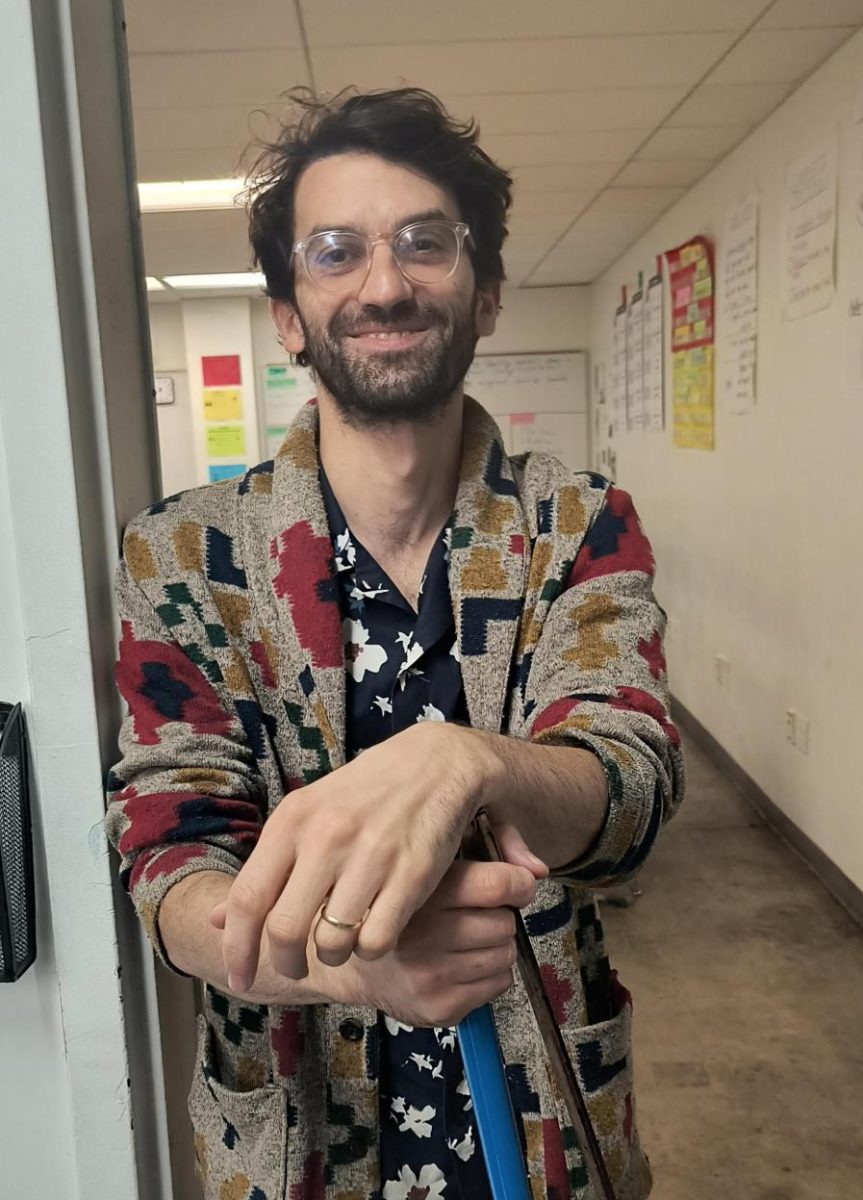
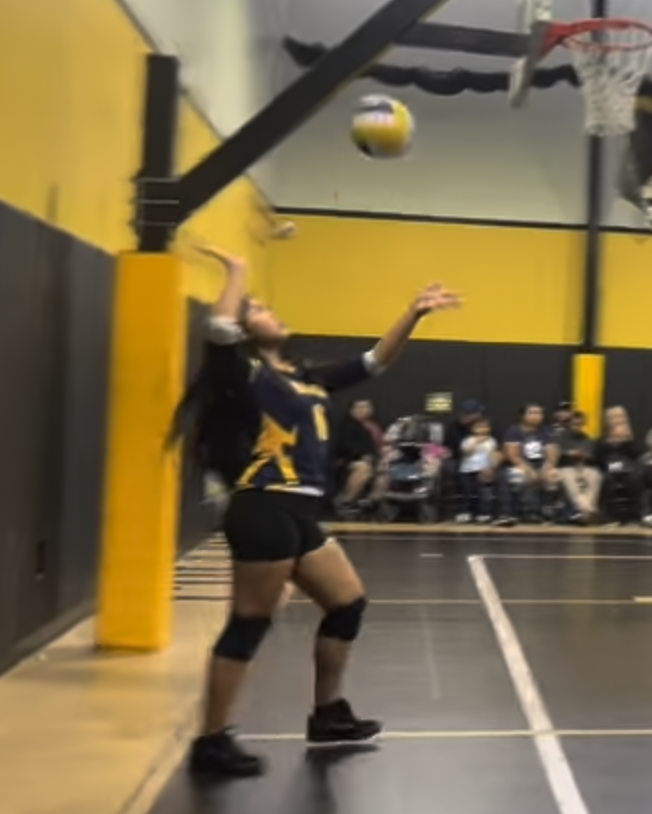
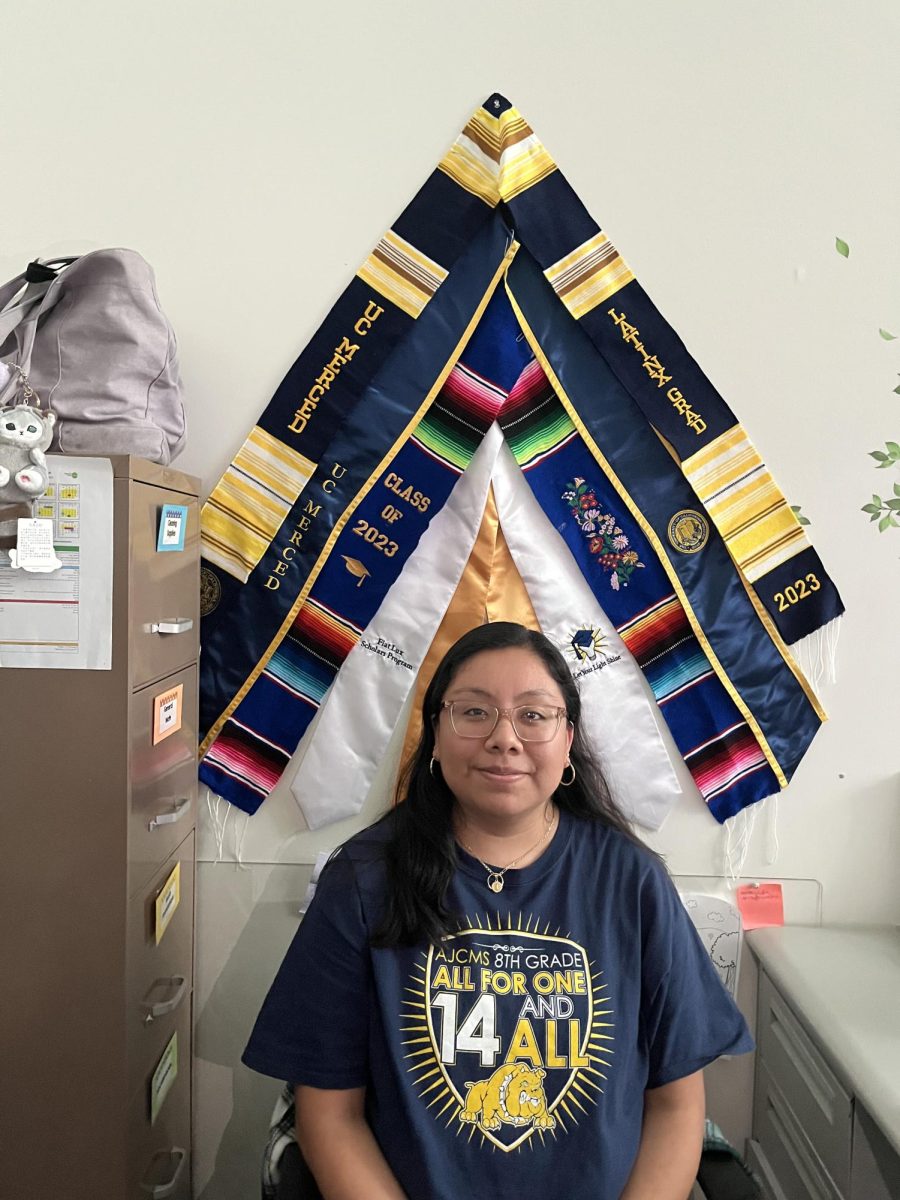

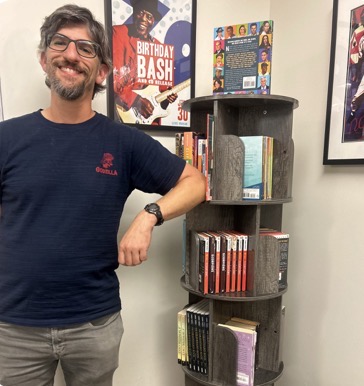
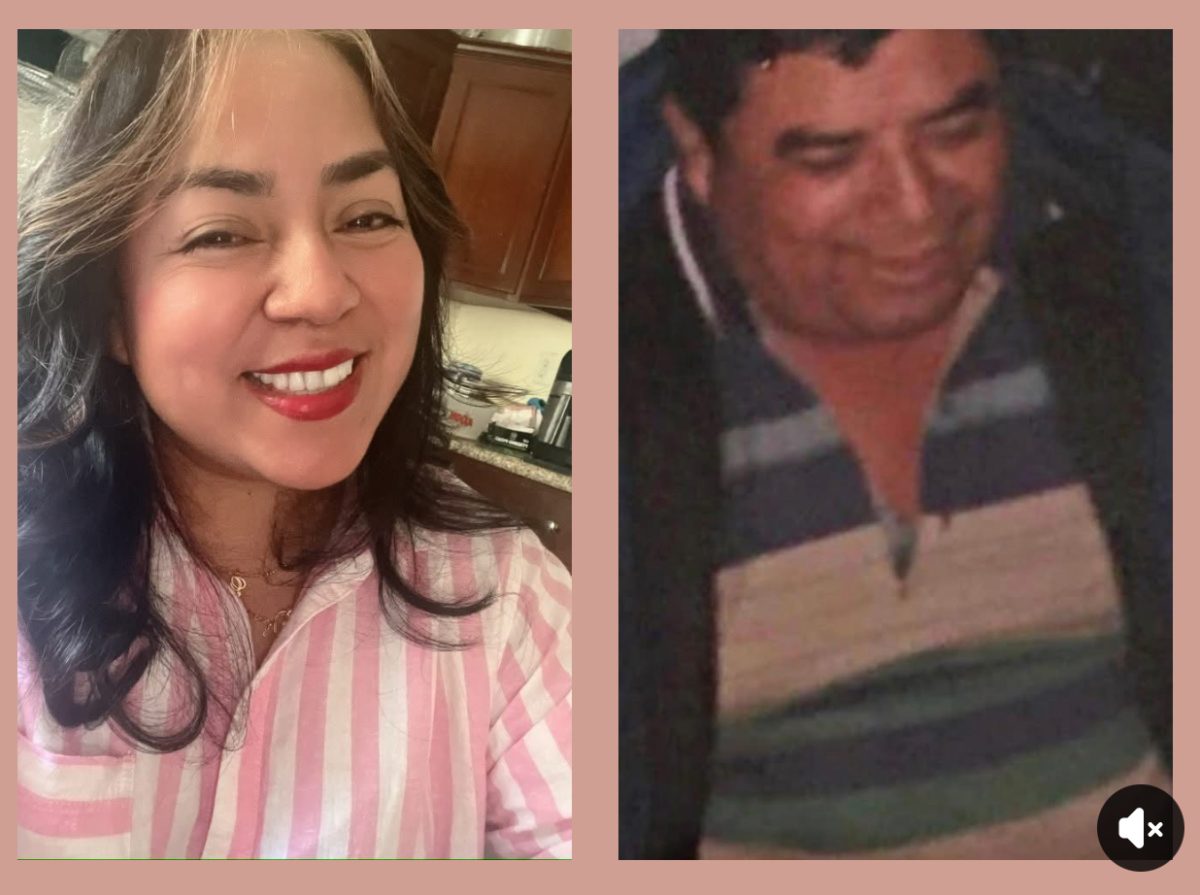
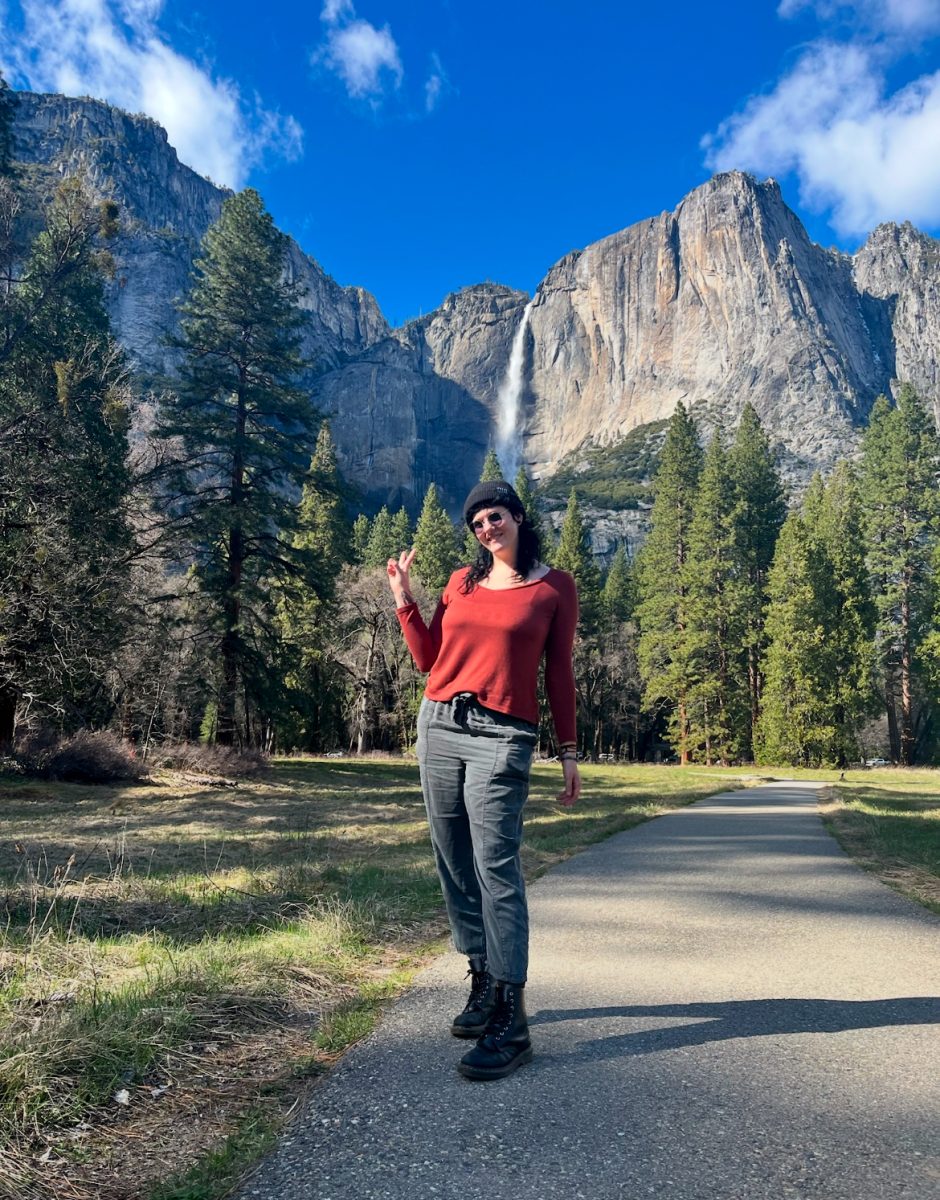
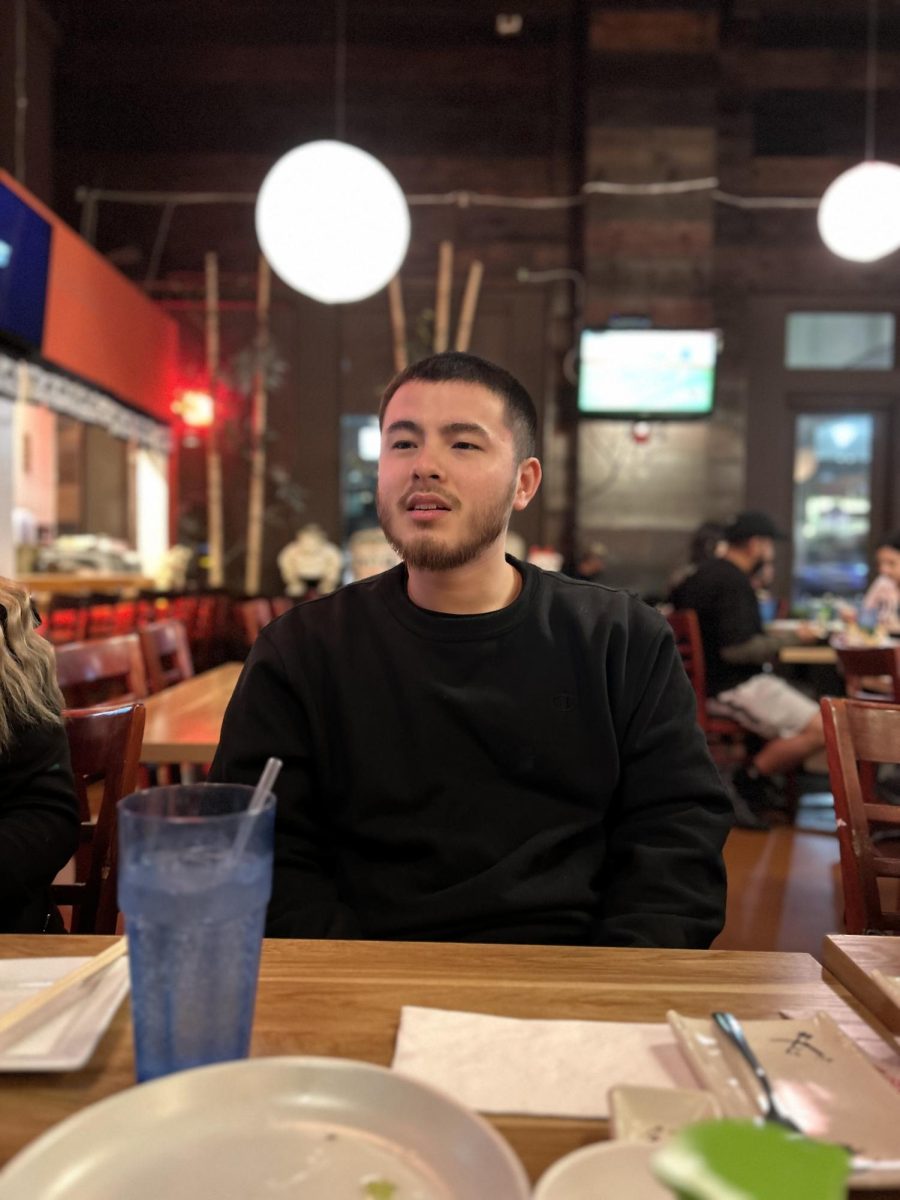
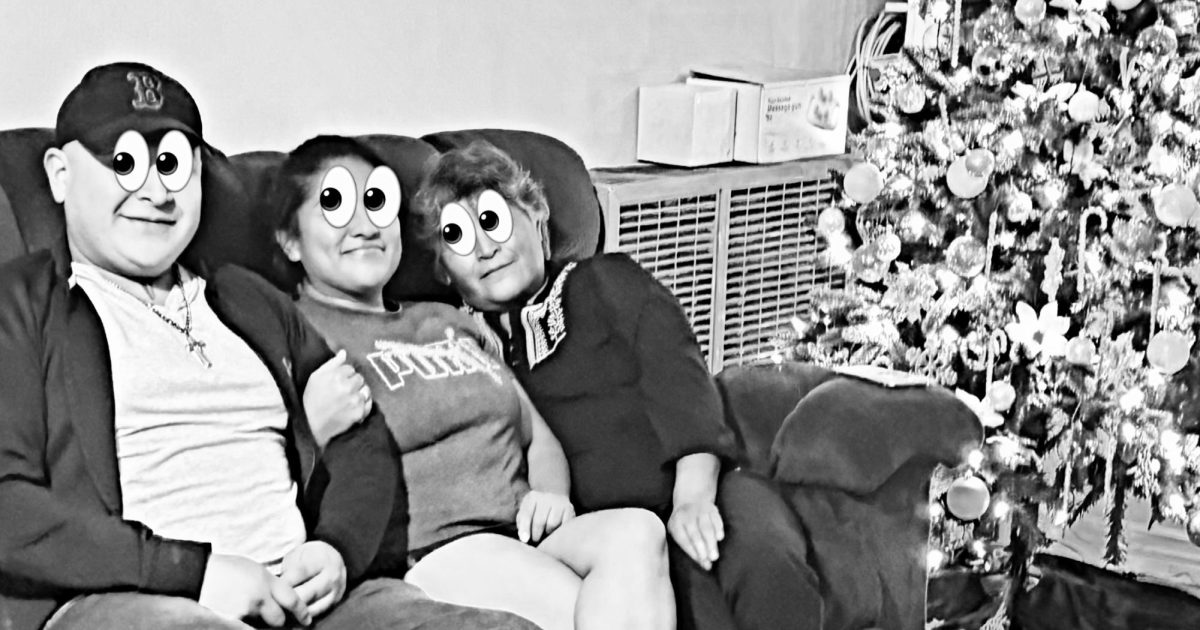
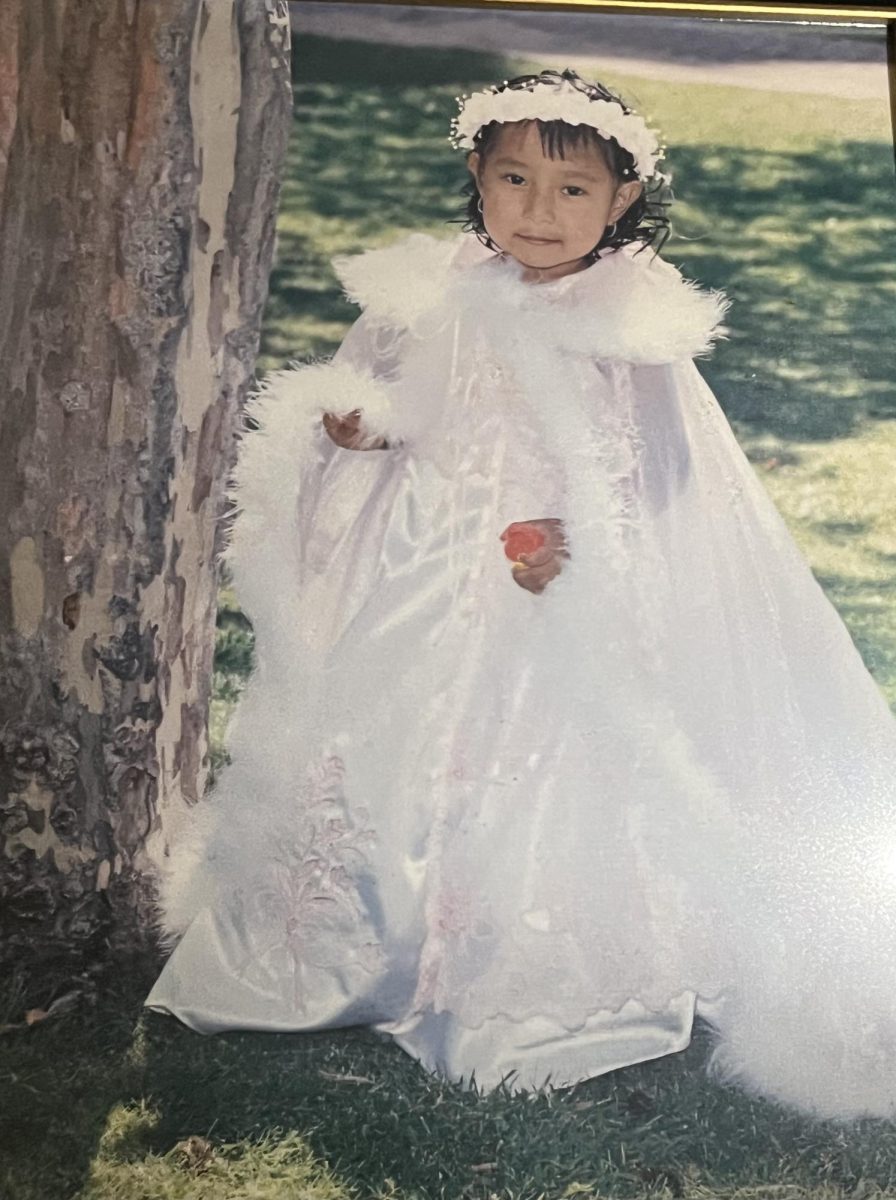
Roselyn • Oct 13, 2023 at 11:03 am
I like this story. It feels like it can hep people who struggle too.
Arleth • Oct 13, 2023 at 10:57 am
Its really nice how she had the support of her parents.
Joshua • Oct 12, 2023 at 1:00 pm
This story tells me that most people or some have difficult problems.